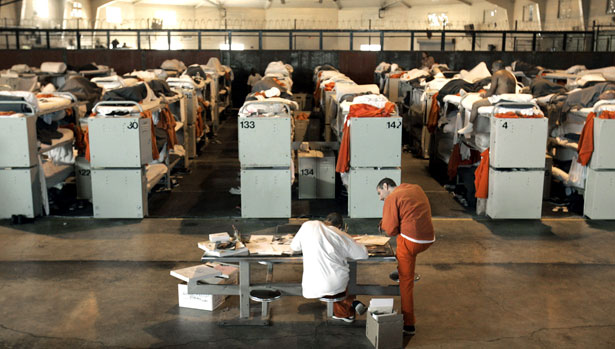
How White Liberals Used Civil Rights to Create More Prisons How White Liberals Used Civil Rights to Create More Prisons
In their quest to wipe out extra-legal racial violence, white liberals created a system that continues to kill black people—legally.
Jan 6, 2015 / Books & the Arts / Vicky Osterweil
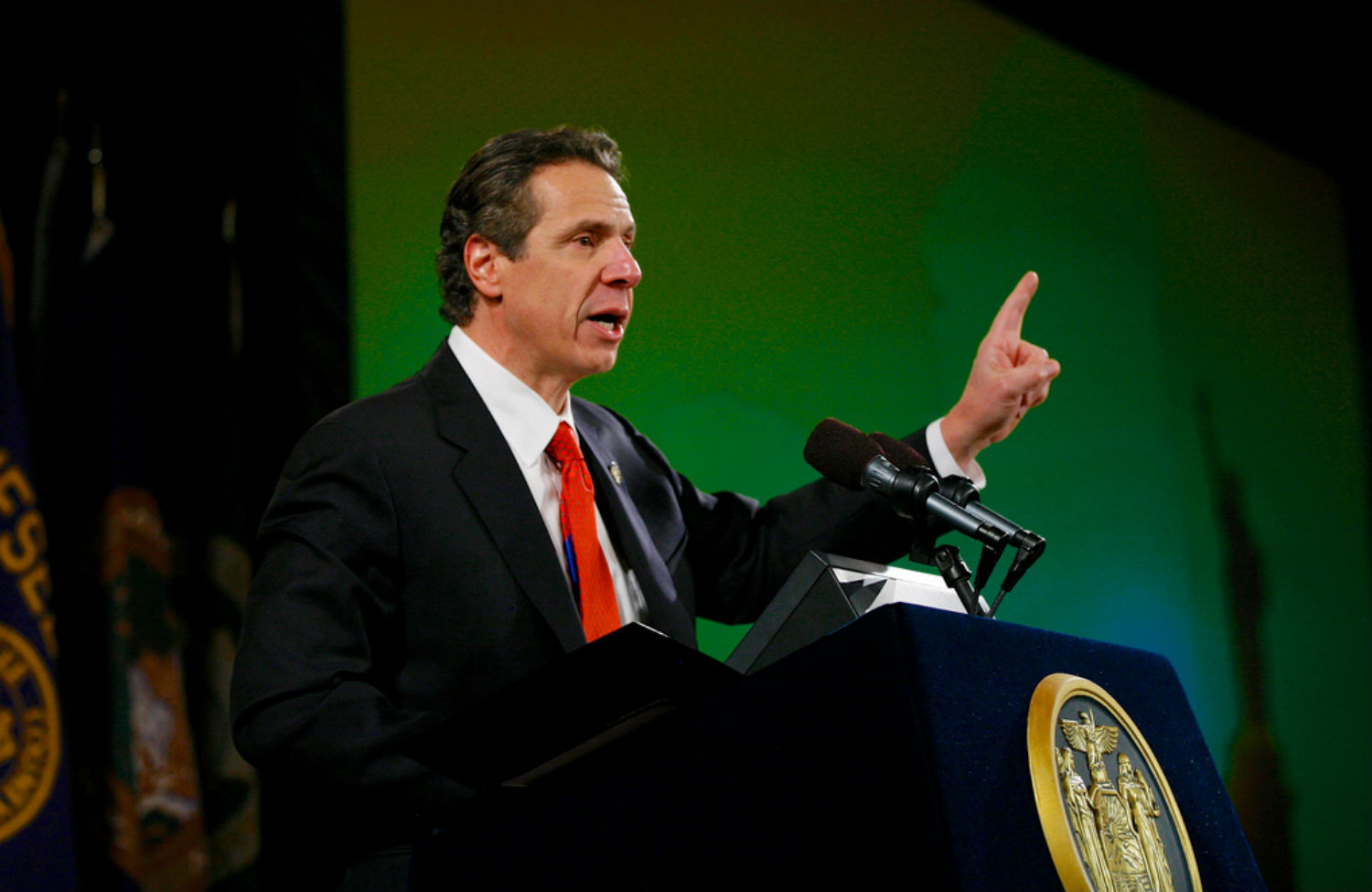
It’s Time to Bring Domestic Violence Survivors Like Barbara Sheehan Home From Prison It’s Time to Bring Domestic Violence Survivors Like Barbara Sheehan Home From Prison
As governors mull clemency, battered women should be at the top of the list.
Dec 24, 2014 / Victoria Law
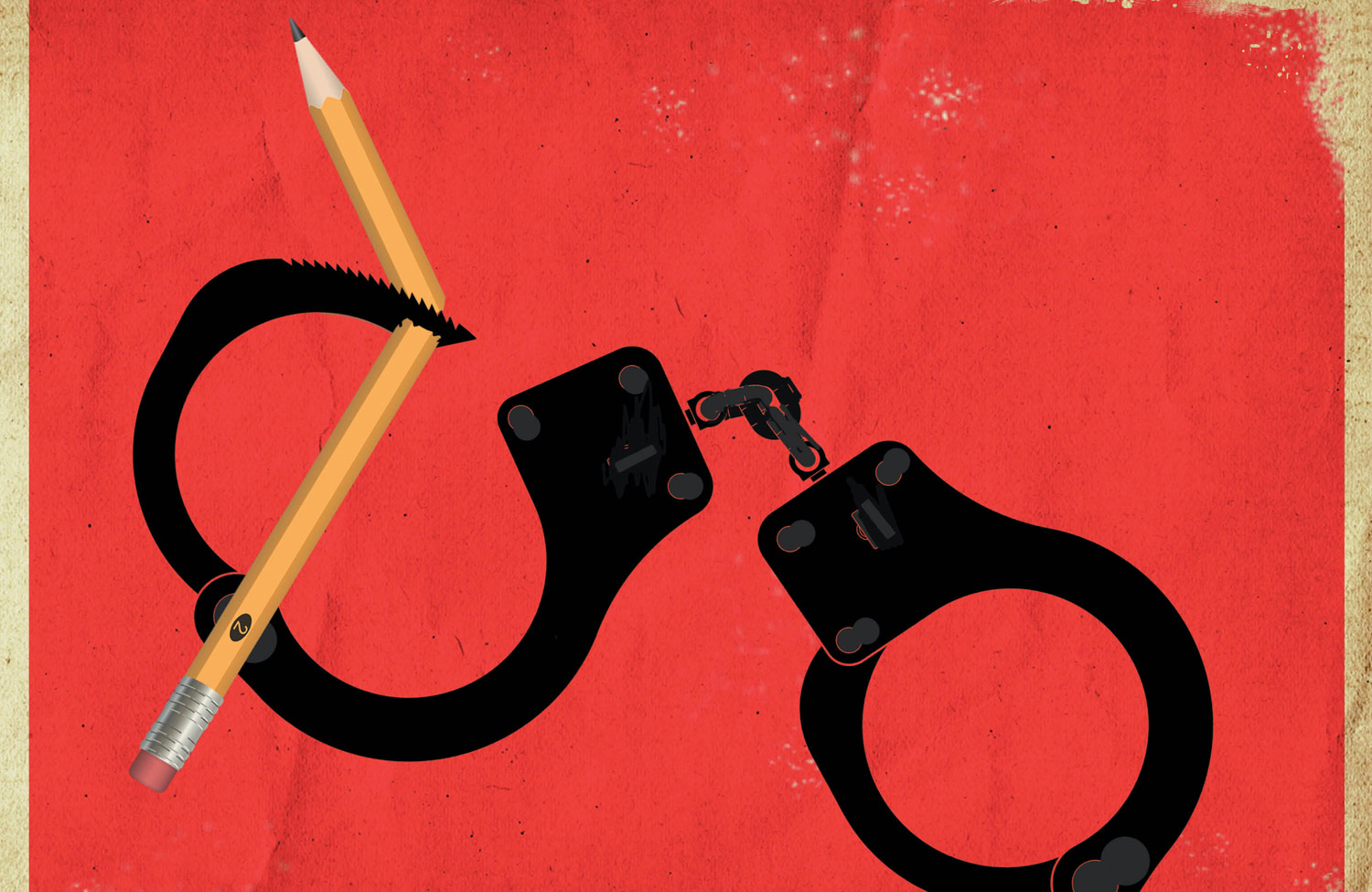
Mass Incarceration’s Collateral Damage: The Children Left Behind Mass Incarceration’s Collateral Damage: The Children Left Behind
When a parent is sent to prison, a child’s life is derailed, leaving schools to pick up the pieces.
Dec 16, 2014 / Feature / Katy Reckdahl
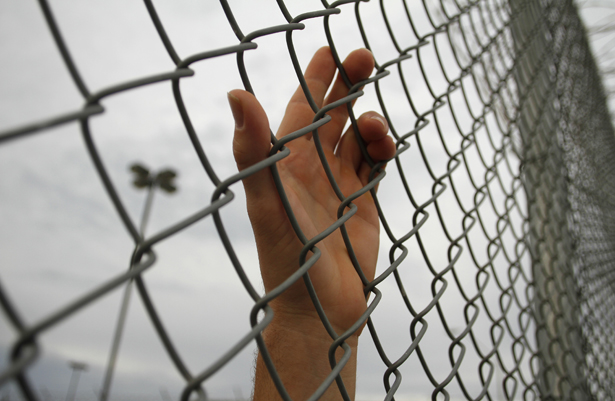
The Moral and Political Case for Reforming the Criminal Justice System The Moral and Political Case for Reforming the Criminal Justice System
Criminal justice reform is one of those rare instances where moral decency, popular opinion and political incentives all align.
Nov 19, 2014 / Katrina vanden Heuvel
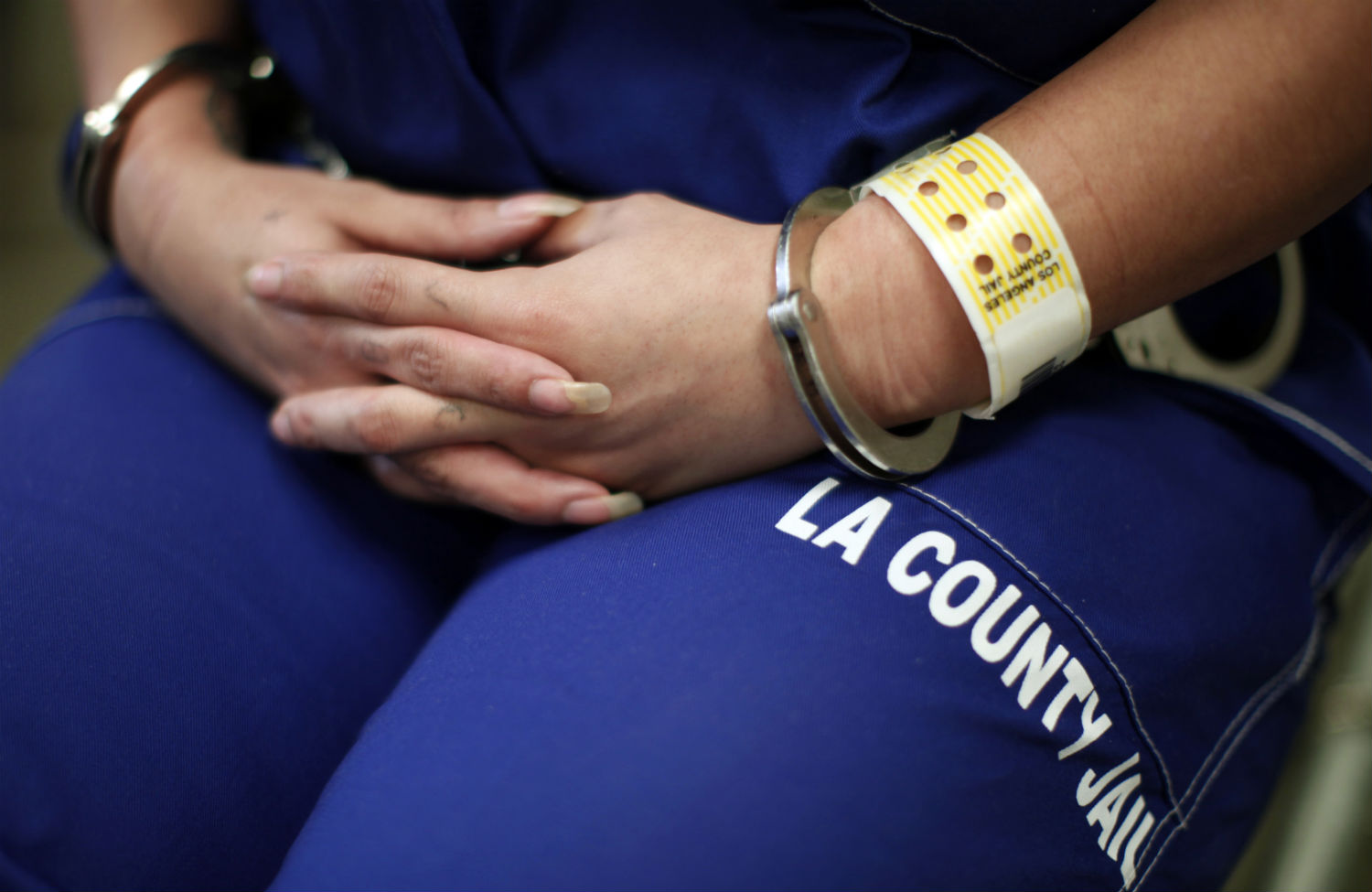
How California’s Prison Reform Law Will Fight Overincarceration of Women How California’s Prison Reform Law Will Fight Overincarceration of Women
Prop 47 offers relief to Californians punished for low-level, nonviolent crimes of poverty, which means it could be especially beneficial for women caught up in the criminal justic...
Nov 12, 2014 / Dani McClain
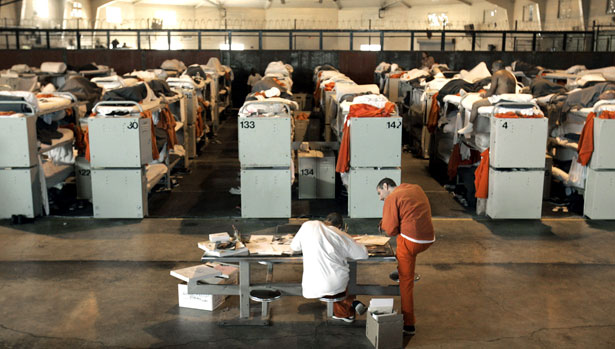
Prisons Are Destroying Communities and Making All of Us Less Safe Prisons Are Destroying Communities and Making All of Us Less Safe
Isolation does not “rehabilitate” people. Disappearance does not deter harm. And prison does not keep us safe.
Nov 11, 2014 / Maya Schenwar
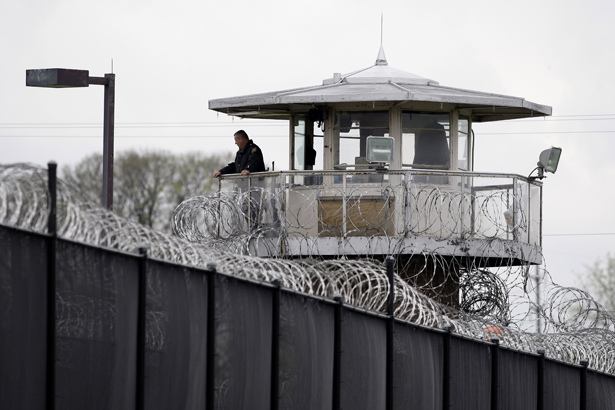
By 2030, American Prisons Will Be Filled With Grandmas and Grandpas By 2030, American Prisons Will Be Filled With Grandmas and Grandpas
How this country’s “tough on crime” ethos created a generation of graying inmates.
Oct 27, 2014 / Kate Cox
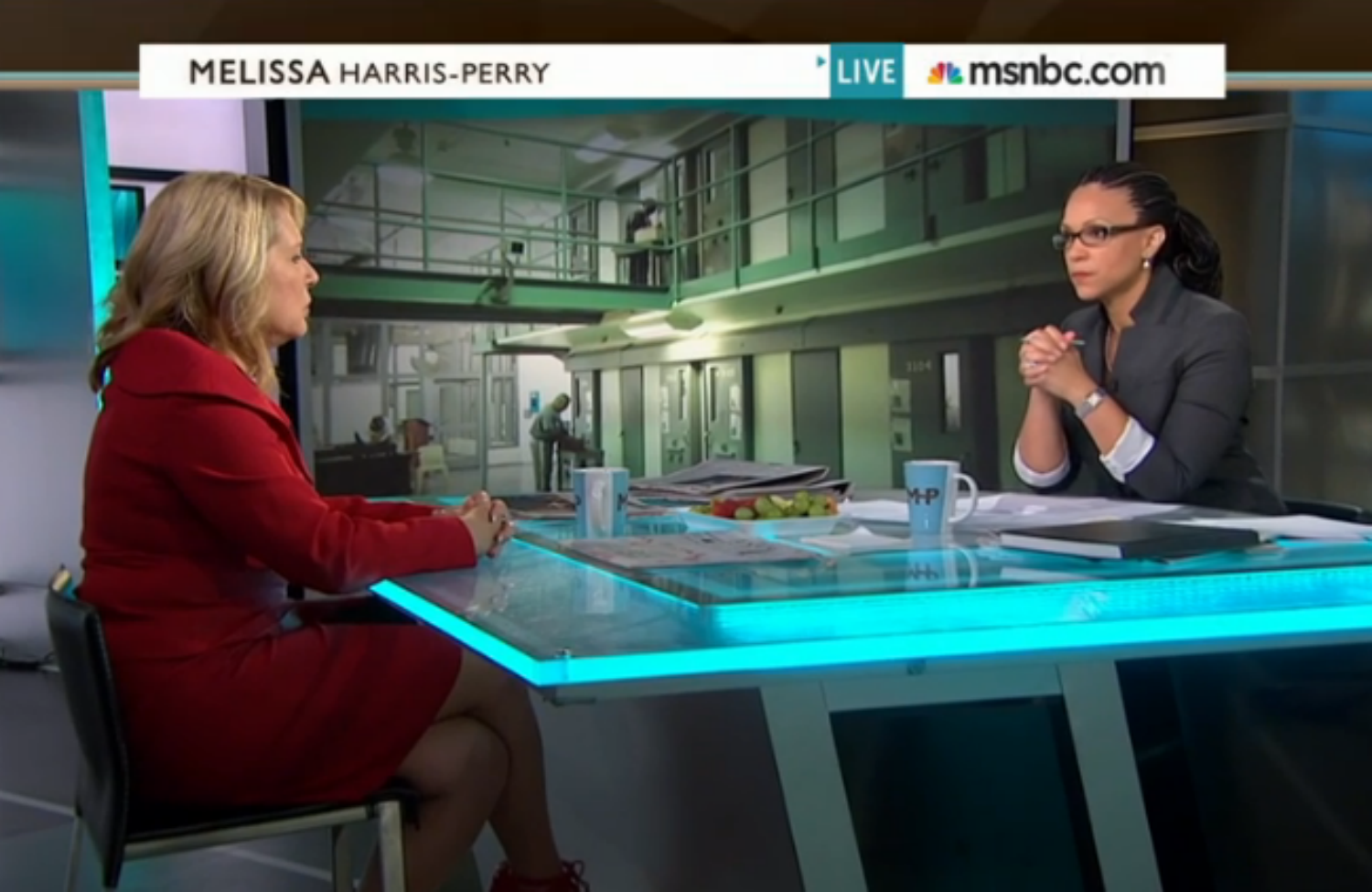
Why Did This Florida Inmate Die—And Who Killed Her? Why Did This Florida Inmate Die—And Who Killed Her?
Too many questions remain about the death of Latandra Ellington.
Oct 23, 2014 / Melissa Harris-Perry
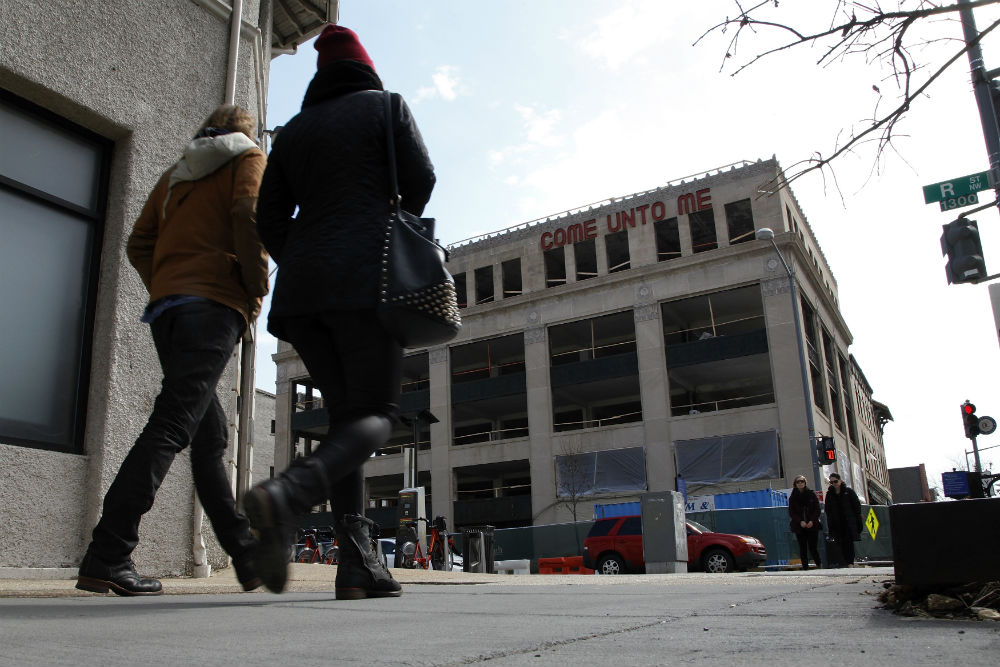
This City Came Up With a Simple Solution to Homelessness: Housing This City Came Up With a Simple Solution to Homelessness: Housing
Salt Lake City’s Housing First initiative has reduced chronic homelessness by 72 percent. Now other cities are giving it a try.
Oct 23, 2014 / Kara Dansky
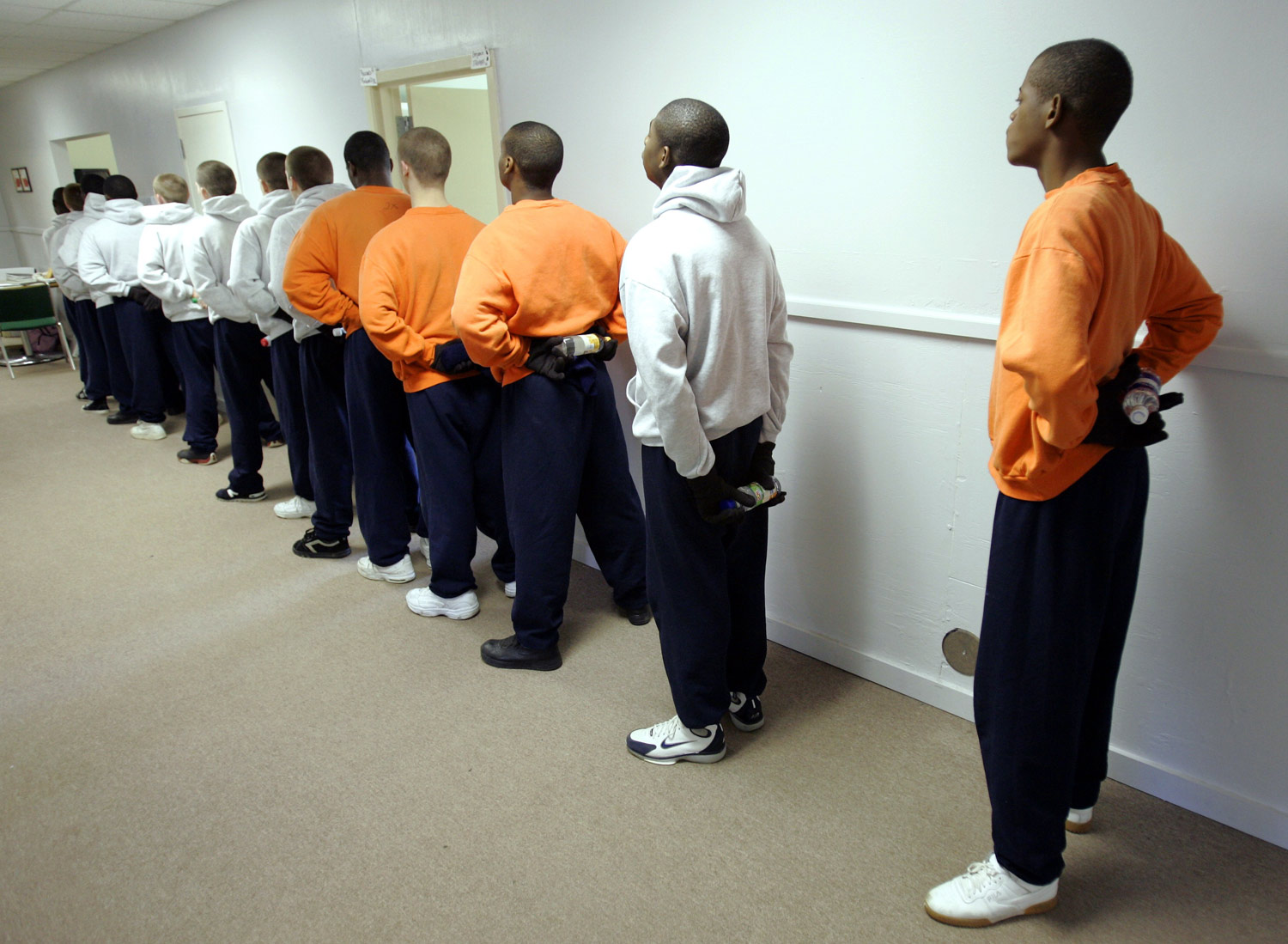
Will Your Child Grow Up to Be Victim or Torturer? Will Your Child Grow Up to Be Victim or Torturer?
While 90 percent of teens break the law, only some enter a violent system.
Oct 15, 2014 / Column / Patricia J. Williams
